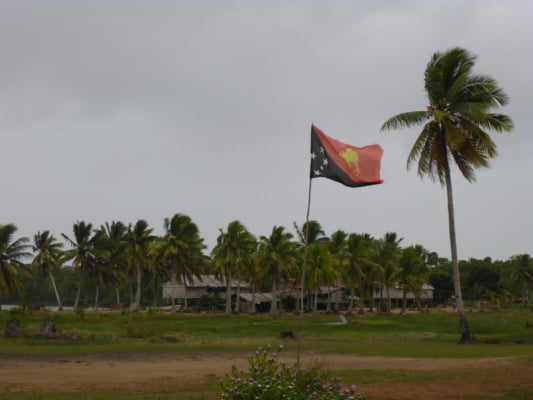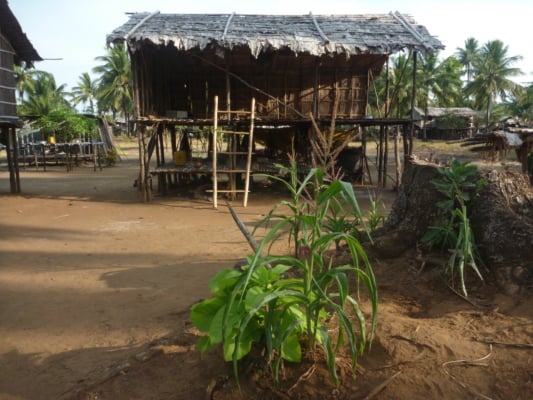Many new Leadership Development Programmes (LDPs) have emerged as interest within the international development community has increased in ‘leadership’ as a factor in the processes of development.
The profusion of such programmes in the developing world, combined with the ambiguity with which the concept of ‘leadership’ is often treated, has made it difficult to differentiate between often very different LDPs. This paper reviews leadership development programmes as a tool for development policy.
Key points:
We argue that donor and recipient organisations need to be much more discriminating when choosing or designing programmes; that if the aim of a DLP is to contribute to development, then many fall short of that objective; and that understanding the ‘political’ nature of leadership is key to choosing or designing a good programme.
The study is based on a review of a sample of 67 different LDPs operating in different regions of the world. It provides a brief overview of these LDPs; suggests criteria and critical questions that should be considered by policy-makers when selecting, supporting or designing appropriate LDPs; and addresses some of the policy implications raised.









